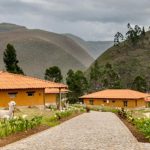Food (and alcohol) for thought...
Ian Stalker
The creative juices clearly continue to run during the coronavirus pandemic, something that’s made clear by the imagination shown by those who work in businesses that revolve around food and alcohol.
Travel Courier has found several firms who have shown great imagination and creativity as they market themselves.
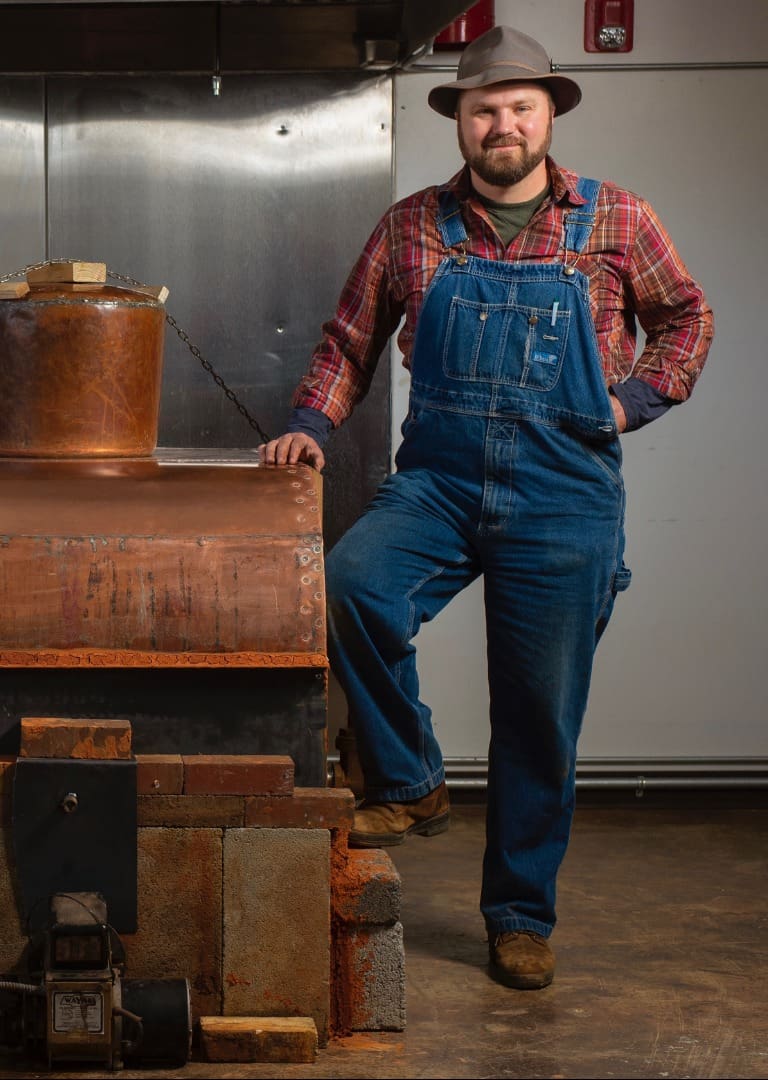
Chris Prillaman
Chris & Anna Prillaman
Twin Creeks Distillery
Chris and Anna Prillaman are eager to help in-still a sense of pride among those in Virginia’s Franklin County about their jurisdiction’s long history of making whiskey, sometimes legally, at other times on the wrong side of the law.
Chris and his daughter Anna run Twin Creeks Distillery, a licensed facility that produces brandy, whiskey and 1st Sugar Moonshine, a clear, rye-based alcohol the distillery sells in labeled, plain-looking glass jars that recalls how area residents who made whiskey on the sly during the likes of the Prohibition era would generally bottle their product.
“The jar fits the old-time look,” the Prillamans say. “Although ‘sugar likker’ was not always sold in jars, this is a typical look looking back through history.”
The “sugar likker” name comes from a process that first sees a pure grain alcohol made, and the spent mash that’s already been run then being “sugared back” and then rerun in the still. Locals called that 1st Shots or 1st Sugar and sugar liquor was popular in the county because it could be made cheaply and quickly. In the 90s, sugar sales in Franklin County neared those in Hershey, Pennsylvania — home to the huge chocolate company of the same name — which the Prillamans say was an indicator of how much “sugar likker” was being produced in their area.
The Prillamans concede that there are traditionalists who believe the Moonshine moniker shouldn’t be attached to a labeled product. They counter that their product is indeed worthy of the name, with the only way it differs from that produced illicitly by earlier generations is that their’s is taxed by government.
They also acknowledge that there may be people who earlier had a bad experience with homemade alcohol elsewhere who may now “fear the clear” when they see the Moonshine label.
The Prillamans note that making alcohol has long been a way of life in Franklin County and they want to see that continue, something underscored by the Support Your Local Moonshiner t-shirts they sell.
“Many folks have direct ties to bootlegging, stories or connections in some way,” the Prillamans say of their openly using the Moonshine name. “It’s a novelty to travellers visiting our distillery, but to us it’s what our ancestors have always done. Only now, it’s legal and available for everyone. Our goal is to preserve what’s been said to be a ‘dying art’ that is the hands-on, woodsy way of traditional-style liquor making. It’s a culture and way of life here in the hills of Virginia’s Blue Ridge Mountains.”
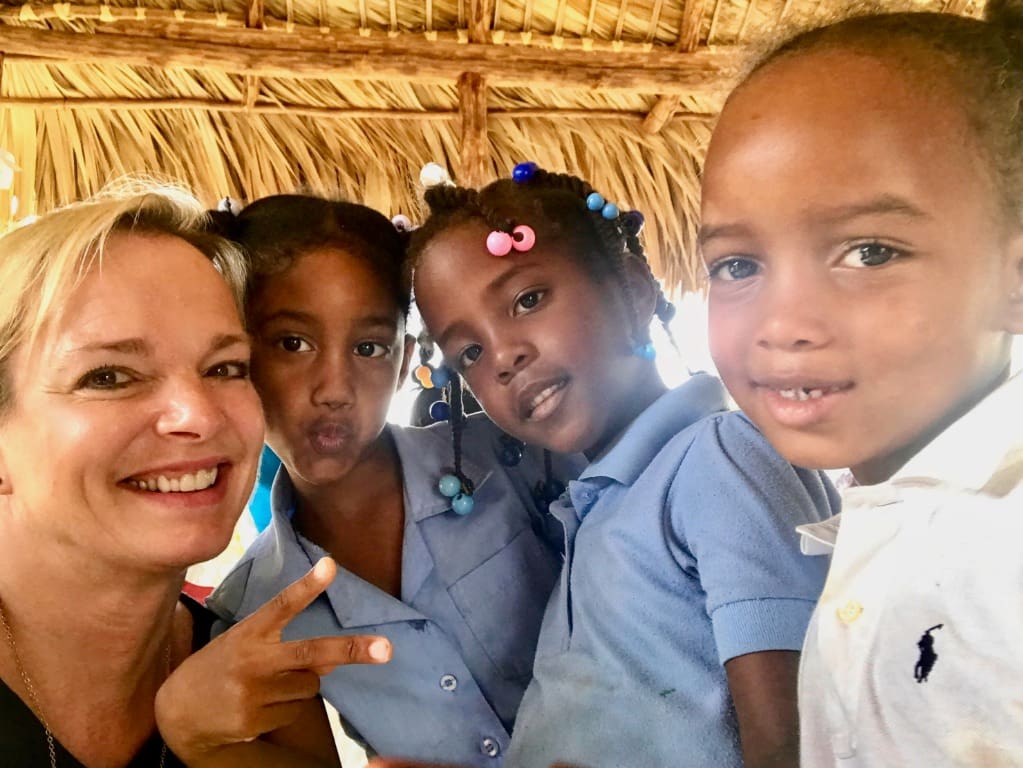
LaPointe doing volunteer work in a school in the DR.
Jan LaPointe
Haven Resorts
What do people in the Cancun area do with classic Mexican cuisine and Mexico’s iconic drink?
Well, says Jan LaPointe, North American director for Haven Resorts — which has a Cancun presence — some enhance that cuisine and that beverage.
“One of the most underrated and active areas of the Cancun Riviera is Puerto Morelos,” LaPointe reports. “Located just 15 minutes from Cancun International Airport and very close to Haven Riviera Cancun, this easily accessible area is thriving with culinary attractions and experiences. One of my favourites is Mexico Lindo Cooking School. The venue is owned by a local chef named Alejandra Kauachi and focuses on bringing attention to authentic Mexican cuisine and flavours. Mexico Lindo Cooking School offers various types of classes and offerings with the longest experience being anywhere from 8-10 hours. During this experience, you start the day with cooking breakfast and learning how to make traditional Mexican coffee. From there, you help the chef pick ingredients and produce from the garden, followed by helping with all prep needs firsthand. The dishes that you learn to make are quite intricate in comparison to other cooking schools in the region. Students can expect to learn how to season and slow-cook pork, make handmade tamales, cook and prep a cactus salad and so much more. Not to mention, the classes are complemented by a mix of alcoholic and non-alcoholic beverages and class sizes are kept small.”
Haven Riviera Cancun Resort & Spa, also located in Puerto Morelos, has welcomed chef Kauachi on-property and “loves treating our guests to authentic culinary experiences. The resort stands out for its unmatched, unique approach to food and beverage.”
Haven Riviera Cancun’s mixology program was created by an award-winning local bartender named Alex Chui. Each restaurant and bar has signature, handcrafted cocktails, made with “only the freshest ingredients, like house-made: tinctures, syrups and infusions. On average, an infused Gin at Haven takes about 30-40 days to make and all cocktails are also adorned with dehydrated herbs and fruits made on-site. There is a big purpose here to be as sustainable as possible. Often times herbs or fruits get repurposed in the bar through the dehydration process and our incredible bar manager ensures we have a plentiful assortment of underrated local products,” LaPointe states.
Haven is no stranger to seasonal menus and its cocktails change for the summer, holidays and so on.
“One of our top summer cocktails is the Citric Margarita that brings a unique blend of red pepper, lemon and ginger to the classic beverage. During holidays, you can expect cocktails like the Harvest Spiced Punch and the Apple Pie Mule,” LaPointe adds. “We truly feel that the more local an experience can be, the more memorable it can be too.”
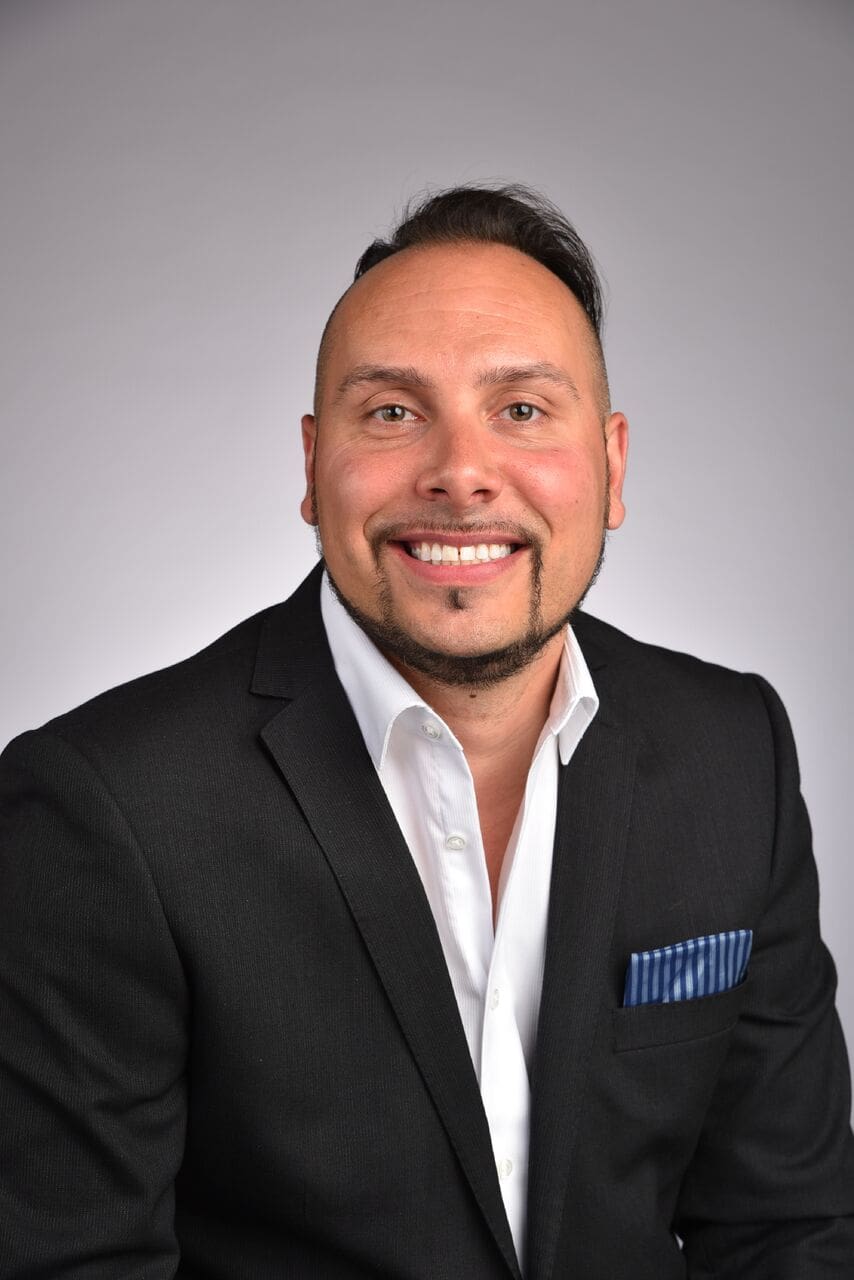
Jerry Grymek
LMA Communications
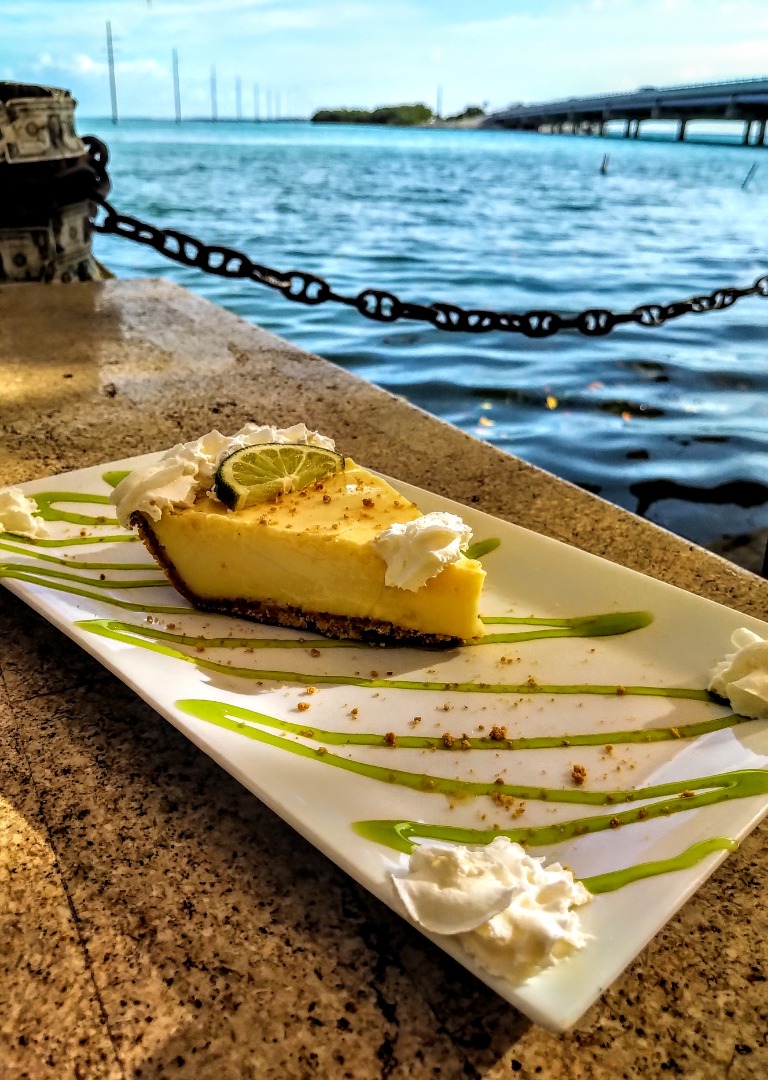 Sloan is a primary organizer for the annual summer Key Lime Festival that features a July 4 Key lime pie eating contest.
Sloan is a primary organizer for the annual summer Key Lime Festival that features a July 4 Key lime pie eating contest. 





